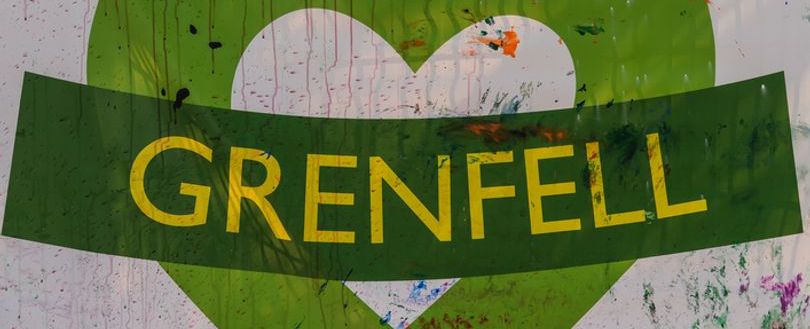
Inquiry Hears that the Government knew in 2002 that Grenfell cladding should never have been used in high rises.
Like it? Share it!
23 February 2022
When the cladding – which consisted of a plastic core coated with thin sheets of aluminium – was tested, molten metal began to drip from the panel after just three minutes.
Documents reviewed by the Grenfell Tower Inquiry on Monday showed the 30-minute test was halted after just five minutes for safety reasons when flames raged as high as 20m.
The Building Research Establishment (BRE), a privatised testing organisation that carried out the test in summer 2001, handed its evidence to government in September 2002.
Despite the “catastrophic” test failure, ACM panels were widely marketed as being compliant with a key standard known as Class 0, which meant they could be used on high-rise residential blocks.
The government issued no warning to the industry and did not withdraw the Class 0 standard despite major concerns about its adequacy. ACM cladding was allowed to be installed on hundreds of high-rise developments over the fifteen years following the 2002 report.
Housing secretary Michael Gove admitted on Monday that government must also take responsibility for the building safety crisis.
The latest evidence of a decades-long failure to regulate Britain's construction and building materials industries came days after Mr Gove laid out new plans to make developers and manufacturers pay more to remediate unsafe blocks.
Experts and campaigners fear that, under Mr Gove’s new plans, companies ordered to pay will drag disputes through the courts, further delaying the process of making flats safe.
A host of other fire safety issues have been found after Grenfell, including a range of dangerous materials and substandard construction work that meant blocks were built without barriers to stop the spread of flames.
Almost five years after Grenfell, the government still does not know how many buildings need to be remediated, which are highest-risk, or what the total cost of work will be.
Leaseholders have been handed life-changing bills and disruptive building work has dragged on for months or even years.
The Grenfell Tower Inquiry also heard on Monday that suppliers "routinely misstated" their ACM cladding products complied with fire safety requirements.
Seven out of 11 companies were found by the BRE to have made misleading statements indicating their cladding met the Class 0 standard, meaning it could be used on buildings over 18m tall.
Related training
Related news
-
Fire Enforcement Notices Served on Hinkley Point C Contractors
25 February 2026
-
Call for Publication of BS 8414 Test Data
11 February 2026
-
New FIA Environmental Guidance Legislative Overview Published
03 February 2026
Related resources
-
Euralarm-FAQs-re-Environmental-Product-Declarations-EPDs.pdf 1
27 November 2025
-
Fire Risk Assessors Standard Scope of Services
07 August 2025
